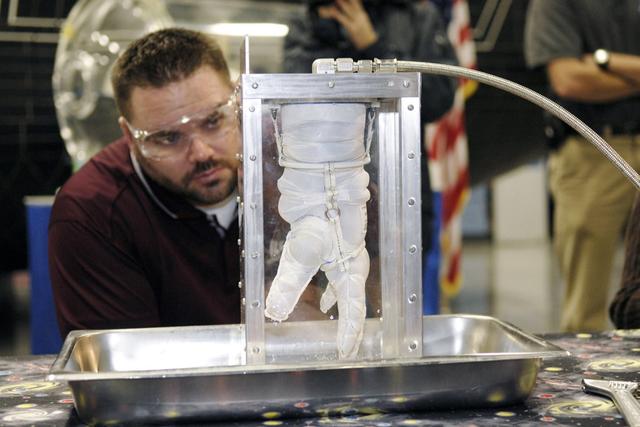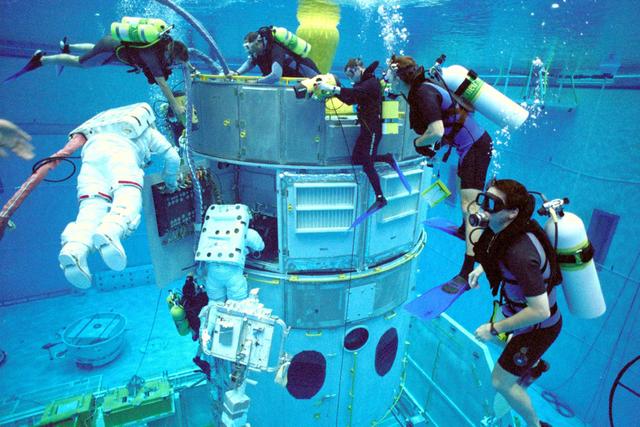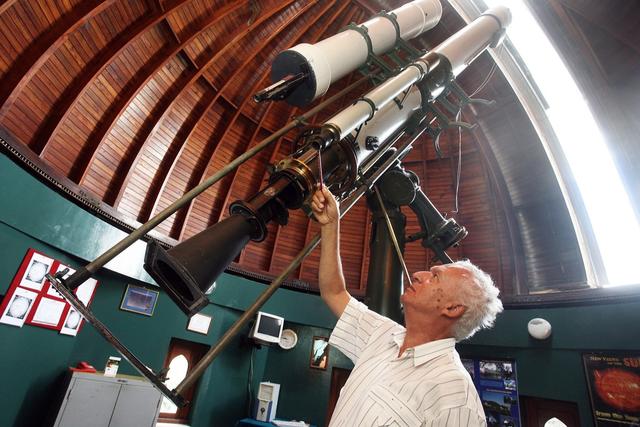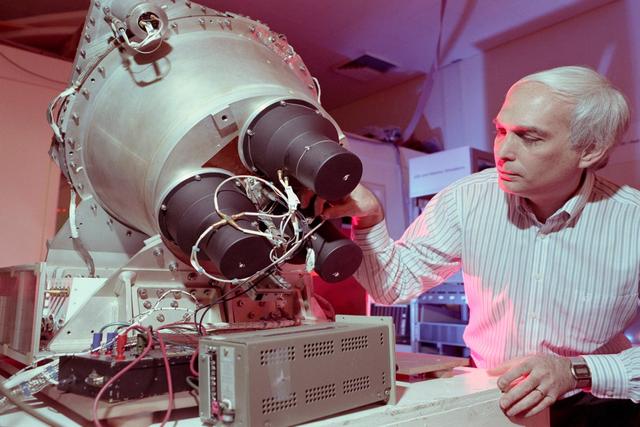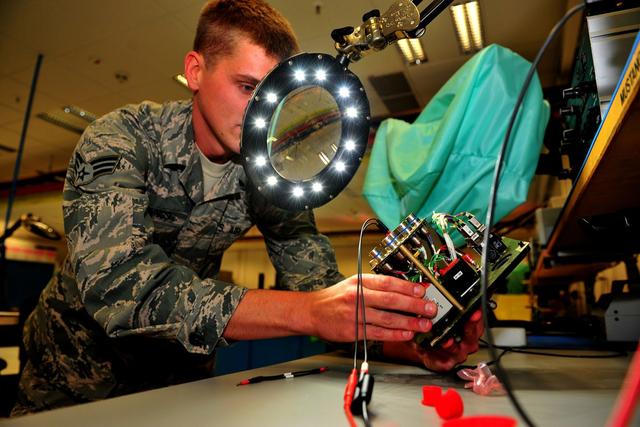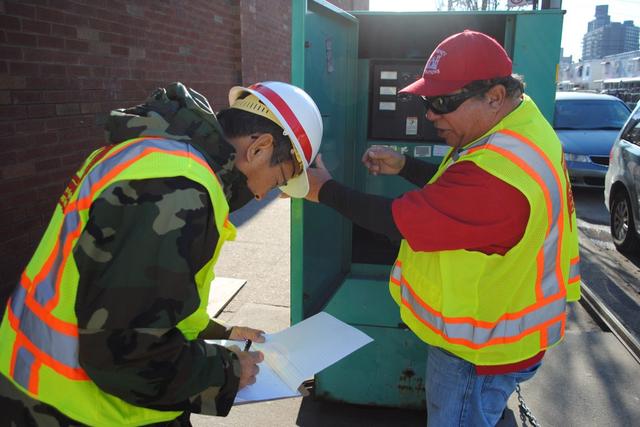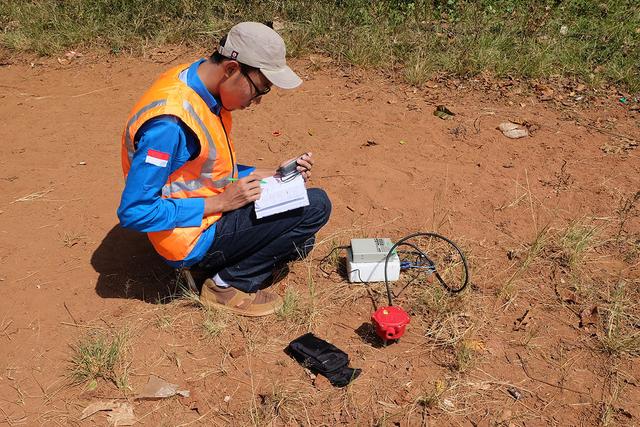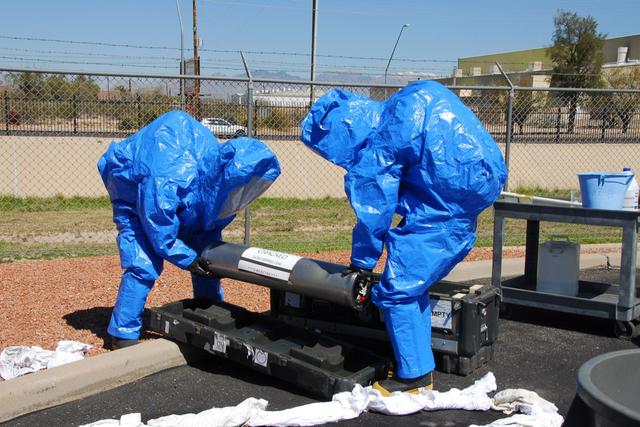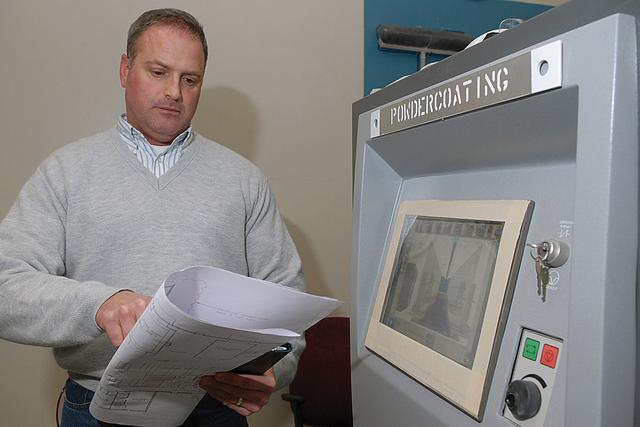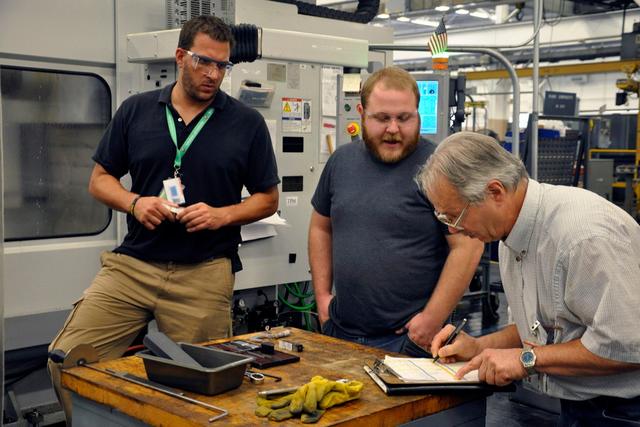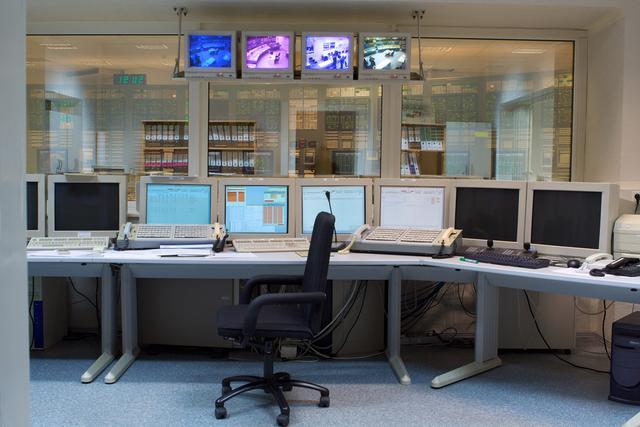Physicists
Overview

Introduction
Physics is a science dealing with the interaction of matter and energy. Physicists study the behavior and structure of matter, the ways that energy is generated and transferred, and the relationships between matter and energy. They perform experiments and analyze the products or results of those experiments. They may teach, oversee scientific projects, or act as consultants in a laboratory. They investigate and attempt to understand the fundamental laws of nature and how these laws may be formulated and put to use. Physicists work i...
Quick Facts
Median Salary
Employment Prospects
Minimum Education Level
Experience
Skills
Personality Traits
Earnings
According to the U.S. Department of Labor, the median salary for physicists was $155,680 in 2023. The lowest paid 10 percent earned $80,950 or less; the highest 10 percent earned $232,940 or more. Fifty percent of physicists earned between $112,610 and $186,330.
As highly trained and respected scientists, physicists usually receive excellent benefits packages, including health plans, vac...
Work Environment
Most physicists work a 40-hour week in pleasant conditions. Laboratories are usually well equipped, clean, well lighted, temperature controlled, and functional. Adequate safety measures are taken when there is any sort of physical hazard involved in the work. Often, groups of scientists work together as a team so closely that their association may last over a period of many years.
Physic...
Outlook
Employment for physicists should grow at a faster than average rate from 2023 through 2033, according to the Occupational Outlook Handbook (OOH). Although growth will occur in areas such as educational services, healthcare and social assistance, and scientific research and development, just 1,600 new jobs will be created each year. The OOH says that "deep-space telescope opera...



